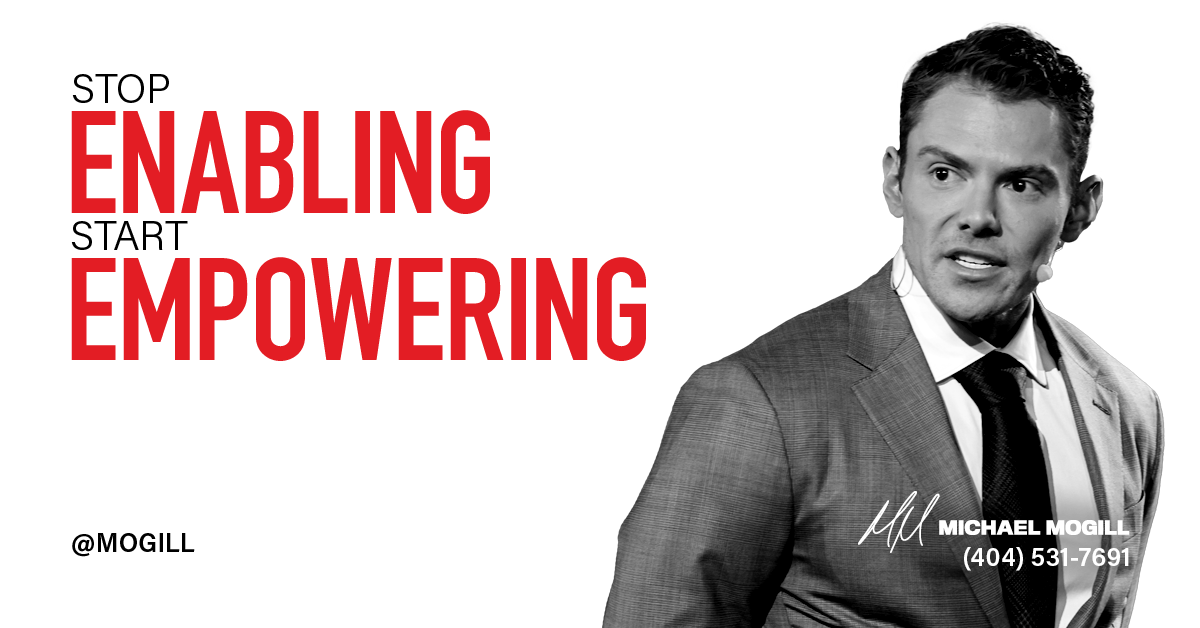Ever since I’ve become a leader, I’ve noticed that one of the most challenging aspects of leadership is the influx of information. The more people, clients, emails, calls, and texts you end up receiving, the more difficult it becomes to keep up.
But it doesn’t have to be that way.
If you truly want to manage this and beat this type of overwhelm, the answer lies in implementing the right systems. Systems can act as filters, allowing leaders like you to establish boundaries between themselves and the information overload.
Without systems in place to keep you focused as your organization becomes more complex, you’ll get stuck in an endless cycle working longer hours, experiencing burnout, and reaching your capacity limit.
Remember that time is a fixed resource. There are only so many hours in a day. Therefore, it becomes necessary to introduce systems, filters, and leverage to cope with the growing demands of your growing business.
Here’s how I approach it:
1. To escape the daily grind, delegate tasks to others.
Not everything has to pass through you, and you don’t need your hands on every little project in your law firm. By hiring additional personnel or assigning tasks to others who can handle them more effectively, you can expand your capacity and free yourself up to focus on higher impact activities.
2. Differentiate between productive and unproductive tasks.
Not all tasks hold the same importance for the organization’s progress. Responding to every email, for example, may not be the best use of your time as CEO.
Years ago, I used to strive for zero messages in my inbox every day, but I realized that I was digging myself into an endless hole. Responding to more emails led to receiving more emails in return, and “inbox zero” was only impossible, but not even valuable.
It’s important to recognize that simply checking off tasks does not necessarily drive the organization forward.
3. To prioritize effectively, create a daily top three list of focus areas and priorities.
These are the tasks that must be accomplished before the day ends. I evaluate these tasks based on their potential impact and their ability to move the organization forward. My assistant and I even establish weekly top three goals, which further break down into daily priorities. We always review my calendar for the upcoming week and day, ensuring that I have the next day’s priorities clarified. That way, I can immediately tackle the top three items when I start each day.
Here’s the thing: If a task doesn’t make it into the top three, it is not a priority, and I don’t allocate time to it until my top three are completed.
Depending on the tasks at hand, I may finish them by noon, leaving the rest of the day for additional work or personal time. Alternatively, if the top three require my attention all day, I focus solely on them.
This shift in mindset moves the focus from managing time to managing attention and priorities. Not every email, text message, or Slack message needs an immediate response.
Prioritize tasks based on their impact and relevance.
You’ve got this.








